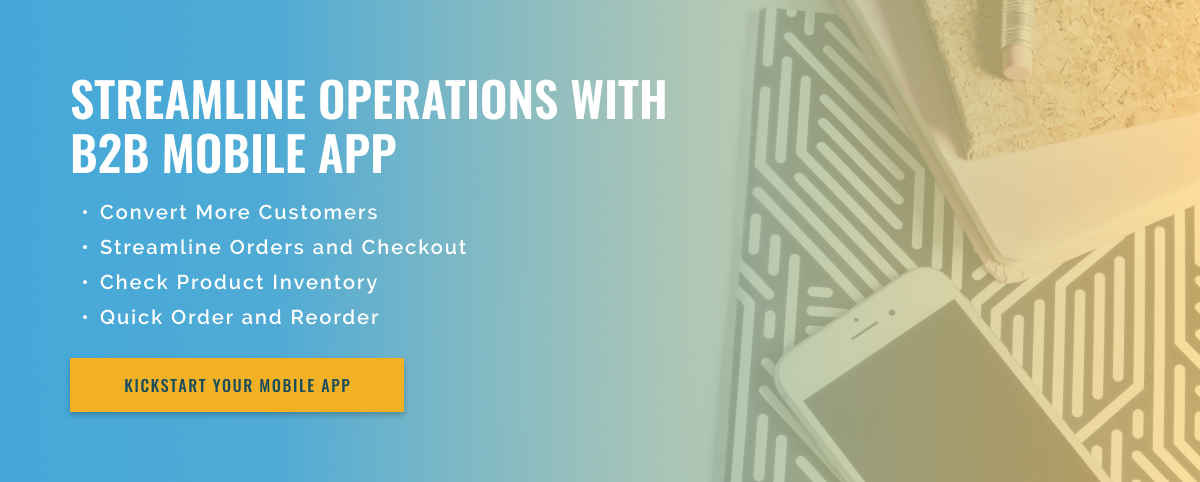3 minute read
B2B vs B2C Mobile Apps: Understanding the Key Differences
In today’s digital era, mobile apps have become an essential tool for businesses to communicate with customers, facilitate transactions, and increase overall efficiency. However, not all mobile apps are created equal. In fact, there is a significant difference between B2B (business-to-business) and B2C (business-to-consumer) mobile applications.
So what makes them stand out? Let’s look at the key differences between these two types of mobile applications.
1. Target group: The most basic difference between B2B and B2C mobile applications is their target group. B2C mobile apps are aimed at the end consumer, while B2B mobile apps cater to the needs of enterprises. B2C applications aim to attract the attention of the general public, while B2B applications target a specific niche of business users.
2. Functionality: B2B mobile applications are usually more complex and have more extensive functions than B2C applications. This is because B2B applications are designed to streamline business processes and increase productivity, while B2C applications focus on providing an engaging user experience. B2B applications often include features such as integration with CRM systems, inventory management, and order management, making them more sophisticated and better suited to the specific needs of enterprises.
3. User Interface: B2B mobile apps are usually simpler and offer a more functional interface than B2C apps. This is because B2B applications aim to increase efficiency and productivity, while B2C applications aim to attract and engage consumers. Therefore, B2B applications may have a more simplistic design, with an emphasis on functionality rather than visual appeal.
4. Sales process: Another significant difference between B2B and B2C mobile applications is the sales process. B2C applications often allow customers to make direct purchases through the application, while B2B applications are used in a business environment and transactions are usually more complex. B2B applications can include features such as invoicing, quote generation, and payment processing to meet the specific needs of B2B sales.
5. Security: B2B mobile apps require higher security standards because they are used for sensitive business processes and confidential information. Therefore, B2B applications require robust security measures to protect against potential cyber threats. On the other hand, B2C applications may have lower security needs because they typically do not handle sensitive or confidential data.

